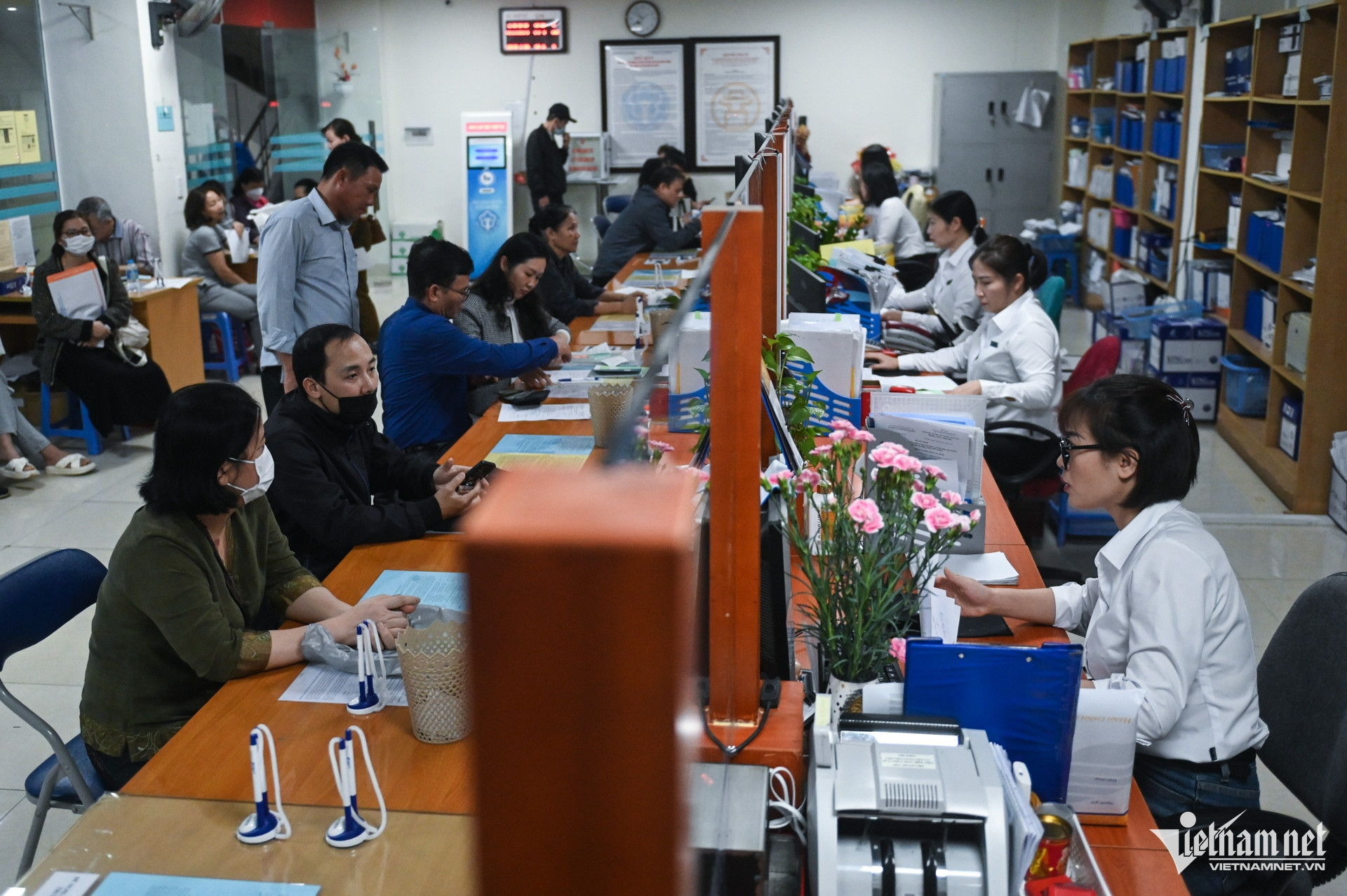
The Ministry of Home Affairs has proposed that, following the administrative unit reorganization, the chairman of the provincial People's Committee will appoint the chairman, vice-chairman, and members of the commune and ward People's Committees until the new committee is elected.
This proposal is part of a draft resolution by the National Assembly Standing Committee on reorganizing administrative units, which has been submitted to the Ministry of Justice for evaluation.
According to Article 12 of the draft resolution, the provincial People's Committee chairman will appoint leadership positions at the commune and ward levels after the restructuring, ensuring that local governance duties are maintained until the new term elections.
Gradual staff reduction over five years
Regarding staffing, the draft resolution stipulates that the total number of officials, civil servants, and public employees at the provincial and commune levels after the merger must not exceed pre-merger numbers. However, this number will gradually decrease over a five-year period from the effective date of the resolution.
Additionally, district-level officials will be reassigned to work at the newly established commune-level administrative units. The number of leaders and managers at commune-level agencies will follow guidelines issued by competent authorities.
Salary and policy considerations
Officials, civil servants, and public employees at newly formed provincial and commune-level units will retain their current salaries and position allowances (if any) for six months after the merger. After this period, salaries and allowances will be adjusted according to applicable legal regulations.
Maintaining the People's Council
The draft also addresses the People's Council structure. Representatives from the former administrative units will be consolidated into the new unit's People's Council and continue their roles until the end of the term.
If a commune is merged with a ward that does not have a People's Council (in accordance with the National Assembly resolution on urban government organization), the new ward will also not have a People's Council. The organization of the ward People's Council for the 2026-2031 term will follow the Law on Local Government Organization.
The first meeting of the new provincial-level People's Council will be convened by a designated convener appointed by the National Assembly Standing Committee, who will preside over the meeting until a new council chairman is elected.
Fair recruitment for commune officials
Debates have arisen regarding the selection of commune officials after the elimination of district-level administration. Many have called for an impartial evaluation process, ensuring that candidates demonstrate proficiency in information technology and foreign languages.
Some argue that recruitment should not differentiate between formal and in-service qualifications. Given the nature of commune-level work, which involves direct interaction with residents and local problem-solving, experienced commune officials may handle tasks more efficiently than district-level officials reassigned to commune roles. Therefore, practical work performance should guide recruitment decisions.
Moreover, some have proposed increasing salaries for commune officials to ensure a stable livelihood and encourage professional work ethics.
Plans to consolidate provinces and reduce communes
According to the Politburo's plan, the country will merge several provinces, reducing the number of provinces by 50%. It will also reduce 60-70% of the current 10,035 commune-level administrative units, leaving about 3,000 communes.
Additionally, the country will eliminate the existing 696 districts, establishing a two-tier local government model consisting of provincial (or centrally managed city) and grassroots levels, including communes, wards, and special zones on islands.
Nguyen Thao